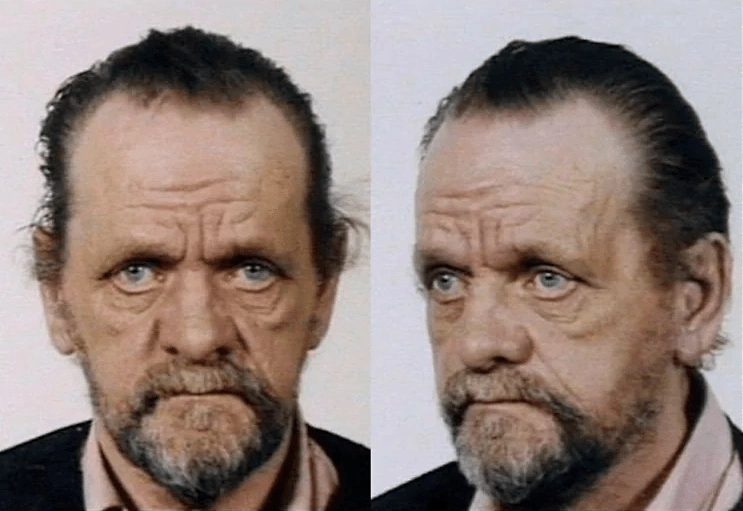Reference




OpenAI's Answer
Willem van Eijk, known as "Het Beest van Harkstede," was a Dutch serial killer whose crimes elicited significant reactions from both the public and the judiciary. His criminal activities, which included the murder of multiple women, shocked the nation and raised serious concerns regarding public safety and the effectiveness of the criminal justice system.
Publicly, there was a widespread outcry and horror at the brutality of his crimes. Many citizens expressed feelings of fear and anger, prompting discussions about the need for stricter laws and more resources for law enforcement to prevent such heinous acts. Media coverage was extensive, with numerous reports detailing his crimes and the impact on the victims' families, further fueling public outrage.
Judicially, van Eijk received a life sentence for his crimes, reflecting the severity with which the legal system treated his actions. The judiciary's reaction highlighted a commitment to justice for the victims and an acknowledgment of the societal implications of his actions. The case prompted debates about the adequacy of existing laws concerning serial crimes and the handling of such offenders within the legal framework.
Overall, the reactions to Willem van Eijk's crimes underscored the complex interplay between public sentiment and judicial responses in the face of severe criminal behavior. For more detailed information, you can refer to the Wikipedia page on Willem van Eijk.
Follow Up
Related
Which international treaty obligations prohibit amnesty for international crimes?
What are some British films featuring crime or thriller themes from 2000?
What were the specific details of Aaltje van der Plaat's murder?
How has the 1991 amnesty law affected accountability for crimes committed during the Lebanese Civil